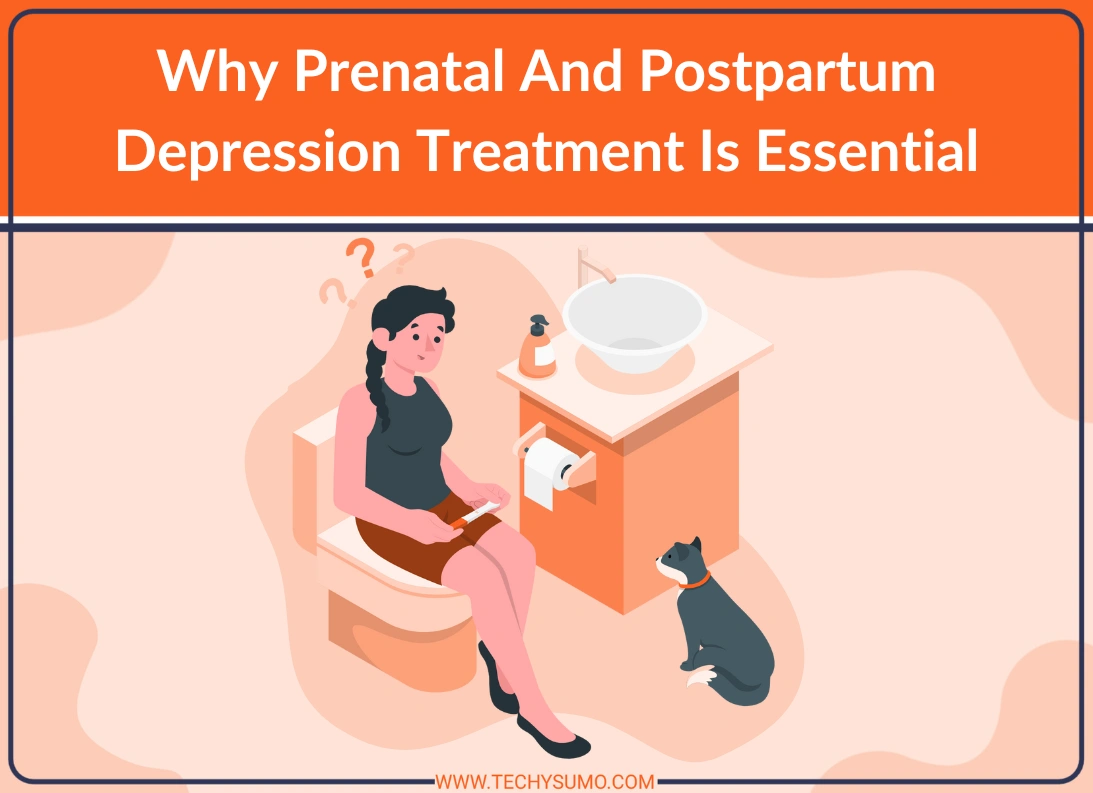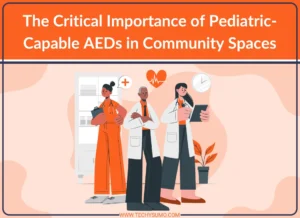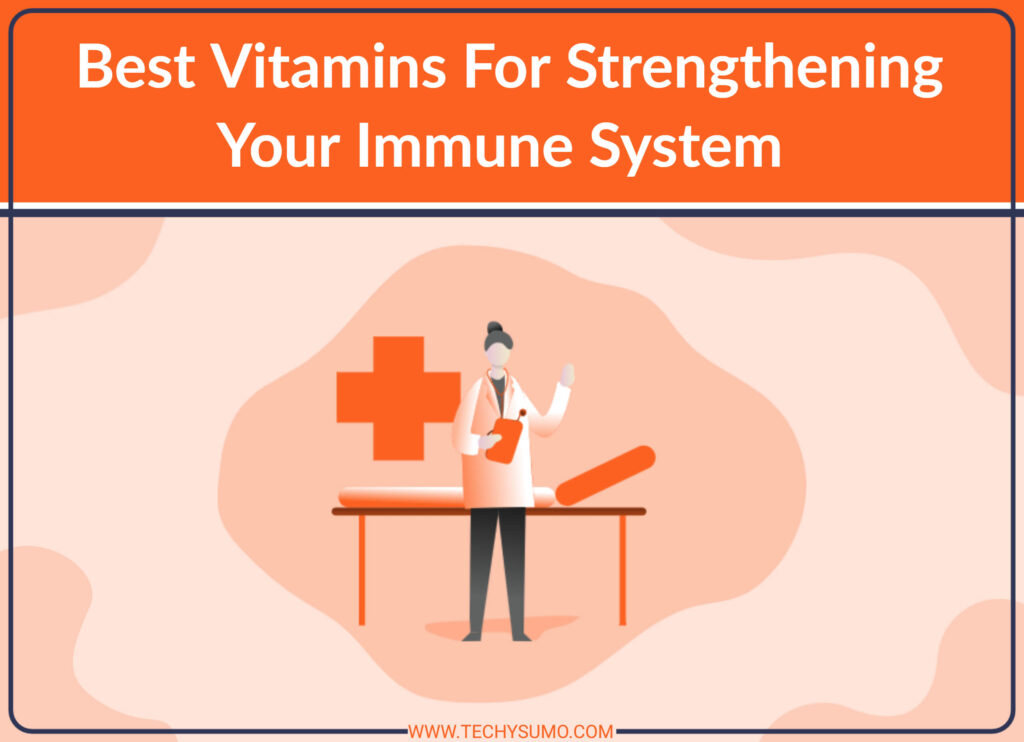This isn’t just about individual pain – it’s about families, communities, and the ripple effects that touch everyone. When you can’t get the help you need, your children feel it. Your partner feels it. And honestly? The healthcare system feels it too, with costs that spiral into the billions every year.
Here’s something that might surprise you: up to 20% of pregnant women deal with depression. Twenty percent! That’s one in five women, yet we still treat mental health care like it’s some kind of luxury add-on instead of what it really is – essential healthcare.
When we talk about Prenatal And Postpartum Depression treatment, we’re not discussing optional support. We’re talking about fundamental care that can change lives, prevent long-term complications, and save families from years of unnecessary struggle.
Table of Contents
Getting Real About What Pregnancy Depression Actually Looks Like
Let’s be honest – pregnancy messes with your head in ways nobody really prepares you for. Your body’s changing, your hormones are all over the place, and suddenly you’re supposed to figure out when “normal” pregnancy feelings become something more serious.
Spotting the Red Flags When You’re Expecting
You know those mood swings everyone jokes about during pregnancy? Sometimes they’re not really that funny. Sure, it’s normal to cry at commercials or worry about whether you’ll be a good mom. But when you’re dealing with mental health during pregnancy challenges, the signs look different. We’re talking about sadness that sticks around for weeks, not days.
Also Read
You might lose interest in things you used to love – maybe you can’t even watch your favorite show anymore. Sleep problems go beyond just being uncomfortable with your growing belly. You’re exhausted but can’t sleep, or you’re sleeping all the time but never feel rested.
And here’s what’s really tricky: some depression symptoms look exactly like pregnancy symptoms. Depression symptoms feel heavier, darker, and they don’t come and go like typical pregnancy discomfort. If thoughts about hurting yourself or your baby ever cross your mind, please – don’t wait.
Talk to someone immediately, and know that Prenatal And Postpartum Depression treatment options are available to help you through this.
Taking Control of Pregnancy Anxiety Before It Takes Control of You
When it comes to managing prenatal anxiety, you’ve got more options than you might think. And the good news? Many of them don’t involve medication at all.
Cognitive behavioral therapy works wonders during pregnancy. It’s basically learning to catch those anxious thoughts and flip the script. Instead of “What if something’s wrong with my baby?” you learn to think, “My doctor says everything looks great, and I’m doing everything I can to stay healthy.”
Mindfulness isn’t just a buzzword – it actually works. Simple breathing exercises can calm your nervous system in minutes. Progressive muscle relaxation helps you physically let go of tension you didn’t even realize you were holding. And prenatal yoga? It’s like therapy and exercise rolled into one.
Don’t underestimate the power of good nutrition either. Those omega-3 supplements aren’t just for brain development – they can help stabilize your mood too. Keeping your blood sugar steady with regular protein intake prevents those anxiety-inducing energy crashes.
When Medication Becomes Part of Your Pregnancy Plan

Sometimes therapy and lifestyle changes aren’t enough for Prenatal depression treatment, and that’s okay. Your doctor might suggest antidepressants, and before you panic, many are considered safe during pregnancy.
SSRIs like sertraline and citalopram have been studied extensively in pregnant women. Yes, tiny amounts cross the placenta, but serious problems are rare. Your healthcare team will monitor both you and your baby carefully.
There are alternatives too. Light therapy works great for seasonal depression patterns. Transcranial magnetic stimulation offers another option for severe cases. The point is, you have choices.
Game-Changing Treatments That Are Revolutionizing Recovery
If prenatal care sets the foundation, postpartum treatment is where we’re seeing some truly exciting breakthroughs. We’re talking about medications that can help you feel better in hours, not weeks.
The FDA Approval That Changed Everything
Remember when postpartum depression treatment meant waiting weeks or months for antidepressants to kick in? Those days are over. The FDA approved brexanolone (Zulresso) – the first medication designed specifically for postpartum depression.
This isn’t your typical antidepressant. It’s administered through a 60-hour IV infusion in a healthcare facility, and women often see dramatic improvement within hours. The medication mimics hormones that crash after childbirth, essentially hitting the reset button on your brain chemistry.
Zuranolone is the newer kid on the block – offering similar rapid relief but in pill form. No hospital stay required, just outpatient treatment with results that can last for months.
Beyond Medication: The Power of Integrated Care
While breakthrough meds like Zulresso offer great rapid relief, combining them with other therapies often gives you the best long-term results. Recent studies show 31% scored at or above the cut-offs for depression and anxiety, which tells us we need multiple approaches working together.
Hormone replacement therapy addresses those dramatic postpartum hormonal shifts head-on. Sometimes a simple estrogen patch can make a world of difference during those vulnerable early months.
Sleep restoration programs recognize what every new mom knows – you can’t think straight when you’re running on two hours of sleep. Structured sleep schedules, partner support for night feedings, and yes, sometimes short-term sleep aids can help you get the rest your brain desperately needs.
Tech Solutions That Meet You Where You Are
Technology is finally catching up to real life. Telehealth platforms mean you can talk to a perinatal mental health specialist from your couch while your baby naps. No more rushing to appointments or finding childcare.
Mobile apps track your moods, send reminders about coping skills, and provide crisis resources at your fingertips. Some connect you with other moms going through similar struggles – because sometimes you need to talk to someone who really gets it.
Why This Care Matters More Than You Might Think
The importance of postpartum care goes way beyond just feeling better (though feeling better is pretty important too). We’re talking about impacts that last for years and affect your whole family.
How Your Mental Health Shapes Your Baby’s Future
Untreated depression doesn’t just hurt you – it affects how you bond with your baby. When you’re struggling, it’s harder to pick up on your baby’s cues, respond to their needs, or enjoy those precious early moments together.
This isn’t about being a “bad mom” – it’s about brain chemistry making parenting harder than it needs to be. The good news? Early intervention programs help you learn to read your baby’s signals and strengthen that crucial emotional connection.
Breaking the Cycle for Future Pregnancies
If you’ve had postpartum depression once, there’s a 30-50% chance it’ll happen again in future pregnancies. But here’s the thing – prevention works. Starting treatment during pregnancy for your next child can dramatically reduce that risk.
Preconception counseling helps you and your partner prepare mentally and emotionally before you even start trying to conceive. It’s about adjusting medications, reinforcing therapy skills, and building stronger support systems from the get-go.
Building Your Village: Support That Actually Supports
Clinical treatment is crucial, but you need more than just doctor visits to really thrive. You need a village – and sometimes you have to build it yourself.
Creating Your Mental Health Dream Team
Your support network should include your partner, family, friends, and healthcare providers – each playing different but important roles. Partner education programs help your significant other understand what you’re going through and how to help without making things worse (because good intentions don’t always translate to good help).
Peer support groups are game-changers. There’s something powerful about talking to other moms who’ve been exactly where you are. They get the guilt, the fear, the overwhelming love mixed with overwhelming exhaustion in ways that even your closest friends might not.
Navigating Work and Career Concerns
Let’s talk about the elephant in the room – returning to work when you’re still healing. The Family and Medical Leave Act protects your job when you need time off for mental health treatment. Many employers offer additional accommodations like flexible schedules or gradual return-to-work programs.
Being open with your supervisor about your mental health needs (when you’re comfortable doing so) often leads to more support than you’d expect. Companies are finally realizing that supporting maternal mental health benefits everyone.
Honoring Cultural Perspectives While Getting Help
Your cultural background shapes how you experience and seek treatment for mental health conditions. Some cultures view mental health struggles as personal weakness or bring family shame, which creates barriers to getting help.
Culturally competent providers understand these dynamics and work with you to find solutions that honor your values while getting you the care you need. Community-based programs delivered through trusted cultural organizations often provide the perfect bridge between traditional beliefs and evidence-based treatment.
Getting Ahead of the Problem: Prevention That Works
The best treatment is prevention – catching problems before they develop or in their earliest stages when intervention is most effective.
Screening That Actually Catches Problems Early
Universal screening means every pregnant and postpartum woman gets mental health evaluations at key points. The Edinburgh Postnatal Depression Scale is the gold standard, used worldwide to identify women at risk.
Digital screening platforms make this easier than ever. You can complete questionnaires electronically, with results automatically flagged for your provider’s review. Some systems even use artificial intelligence to analyze multiple risk factors and predict who’s most likely to develop problems.
Targeted Help for Those Most at Risk
If you have a history of mental health issues, you’ll get enhanced monitoring and support. But risk factors go beyond personal history – things like poverty, housing instability, and lack of social support all increase your chances of developing depression.
Community health worker programs bring mental health education and support directly to high-risk neighborhoods. These trusted community members bridge cultural and language barriers while connecting women to resources they need.
Your Questions Answered
When can prenatal depression treatment safely start?
Treatment can begin immediately when symptoms appear, even in your first trimester. Early intervention prevents symptoms from getting worse and protects both you and your baby.
What are the best non-medication treatments for postpartum depression?
Cognitive behavioral therapy, interpersonal therapy, and support groups show excellent results. These help you develop coping skills without medication concerns.
How does breastfeeding affect treatment options?
Many medications work fine with breastfeeding, though some need monitoring. Therapy, support groups, and lifestyle changes remain first-choice treatments for nursing mothers.
Can treating prenatal depression prevent postpartum depression?
Absolutely. Effective prenatal treatment significantly reduces your risk of postpartum depression by helping you develop coping skills and support systems.
How can partners best support someone with perinatal depression?
Learn the symptoms, provide judgment-free emotional support, encourage professional treatment, and take on extra household responsibilities to reduce stress.
How long does treatment usually take?
Most women see improvement within 6-8 weeks, though some benefit from ongoing therapy or support groups for several months to maintain progress.






